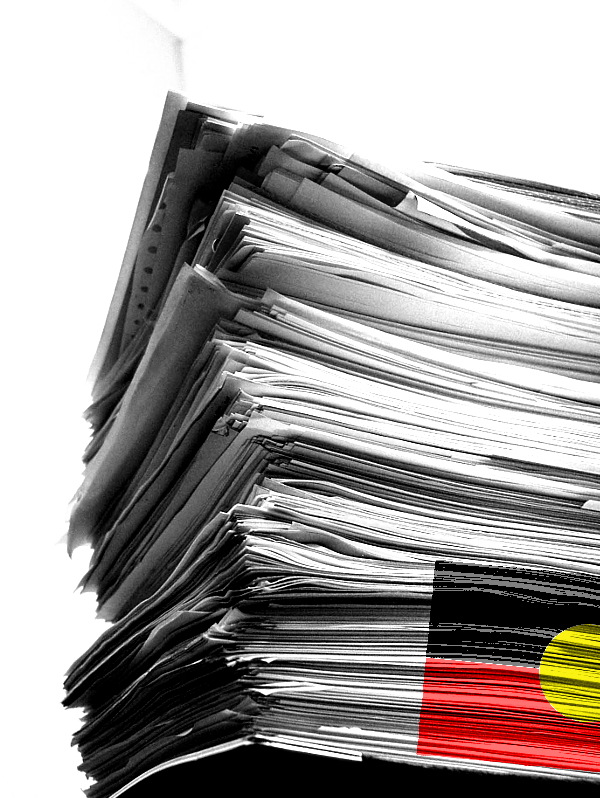Voice date set
 Australians will decide on a constitutionally enshrined Aboriginal and Torres Strait Islander Voice to Parliament on October 14.
Australians will decide on a constitutionally enshrined Aboriginal and Torres Strait Islander Voice to Parliament on October 14.
Prime Minister Anthony Albanese officially announced the referendum date during a visit to Adelaide this week.
The proposed Voice aims to establish an independent body that will advise the government on policies affecting First Nations Australians.
To pass, the referendum requires both a majority of the popular vote and the majority of states, a challenging “double majority” condition.
It has been 46 years since Australia witnessed a successful referendum.
Prime Minister Albanese, highlighting the significance of the moment, said; “For Aboriginal and Torres Strait Islander people, this has been a marathon”.
“For all of us, it is now a sprint, and across the finish line is a more unified, more reconciled Australia, with greater opportunities for all.”
The Voice, born from the 2017 Uluru Statement from the Heart, seeks to empower Indigenous Australians with the authority to advise the parliament and federal government on matters concerning their communities.
The referendum campaign differs significantly from regular elections. It revolves around a single question that has already undergone extensive political debate.
Unlike elections, traditional party affiliations play a reduced role, as voters won't be selecting political parties or candidates but rather deciding on the idea of the Voice itself.
In this campaign, the force of ‘momentum’ is considered to be of paramount importance.
It will dominate daily coverage, determining whether support for the Voice is building or waning. Both the Yes and No campaigns will vie for the support of those who remain undecided or uninformed about the Voice.
The referendum follows years of discussion and activism surrounding the Uluru Statement from the Heart, which called for not only a Voice but also a Makarrata Commission to oversee treaty processes and truth-telling between Indigenous Australians and the federal government.
In May 2017, over 250 Indigenous leaders gathered at Uluru, rejecting mere constitutional recognition in favour of an Indigenous representative body and a treaty process.
The Uluru Statement encapsulated these demands and garnered majority support from delegates at the convention.
The journey to the referendum was marked by political wrangling, with Prime Minister Malcolm Turnbull initially rejecting the Voice proposal.
However, in 2022, Anthony Albanese made it a cornerstone of his election campaign, pledging support for the Uluru Statement in full.
As Australians prepare to cast their votes on October 14, misinformation continues to circulate about the Voice, including false claims about the length of the Uluru Statement and alleged use of artificial intelligence in the No campaign's messaging.
The Makarrata Commission, also proposed in the Uluru Statement, remains conspicuously absent from the referendum question.
Labor has committed to establishing it if the Voice is successfully enshrined, likely through parliamentary legislation rather than constitutional change.
The referendum's results are expected to be known relatively quickly after polls close, thanks to the straightforward nature of counting compared to federal elections.
Nonetheless, it is a historic moment that will shape the future of Indigenous representation and reconciliation in Australia.








 Print
Print